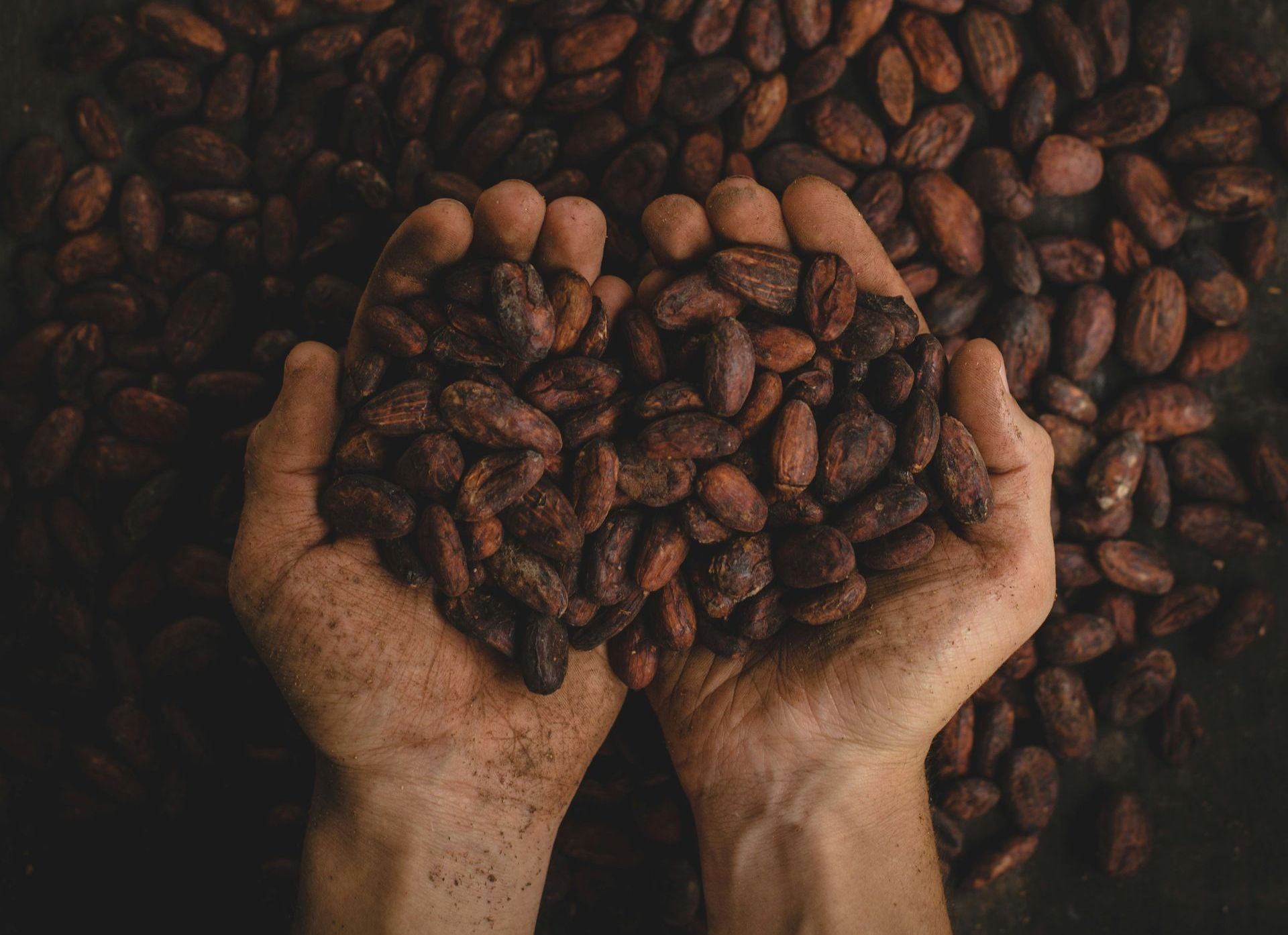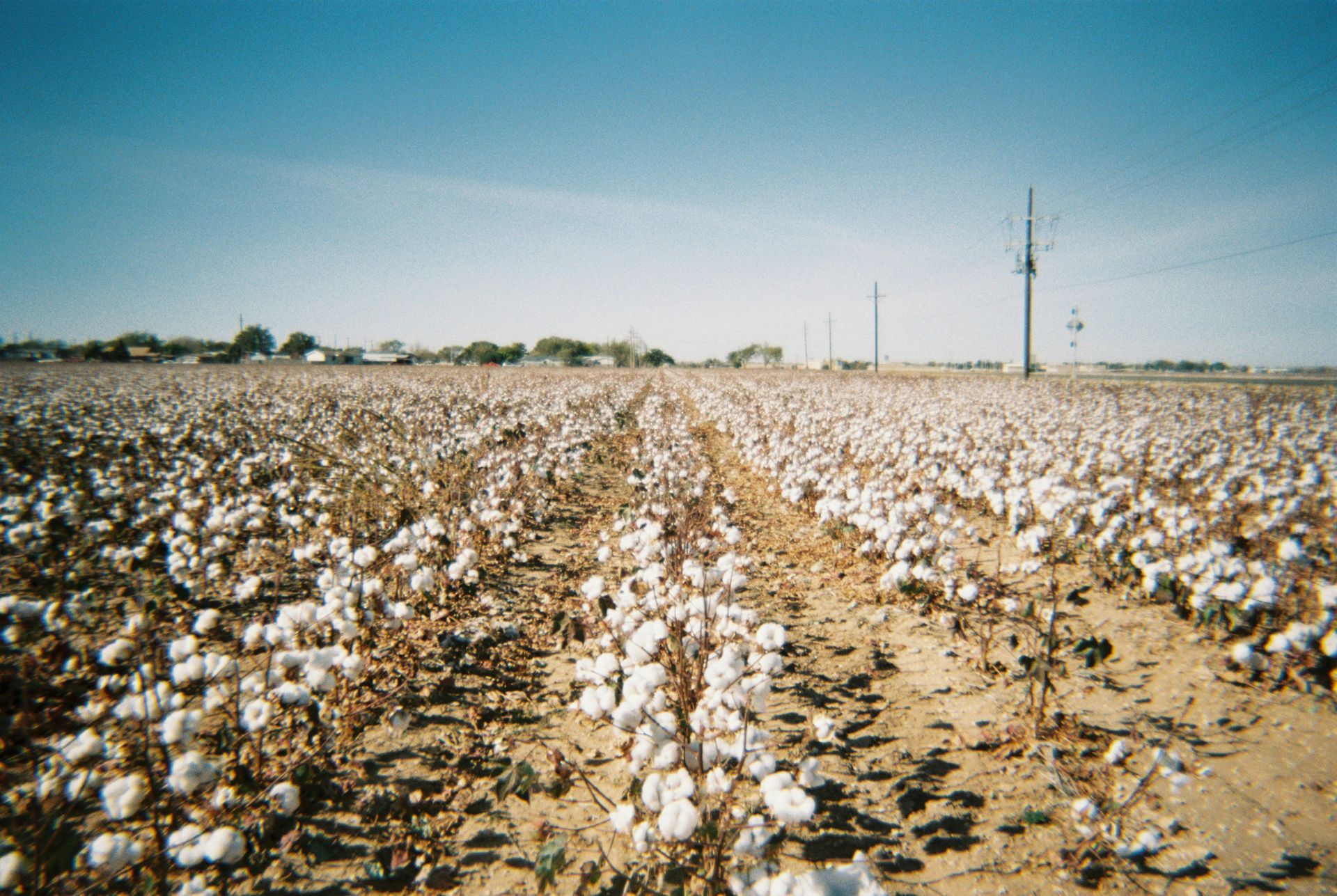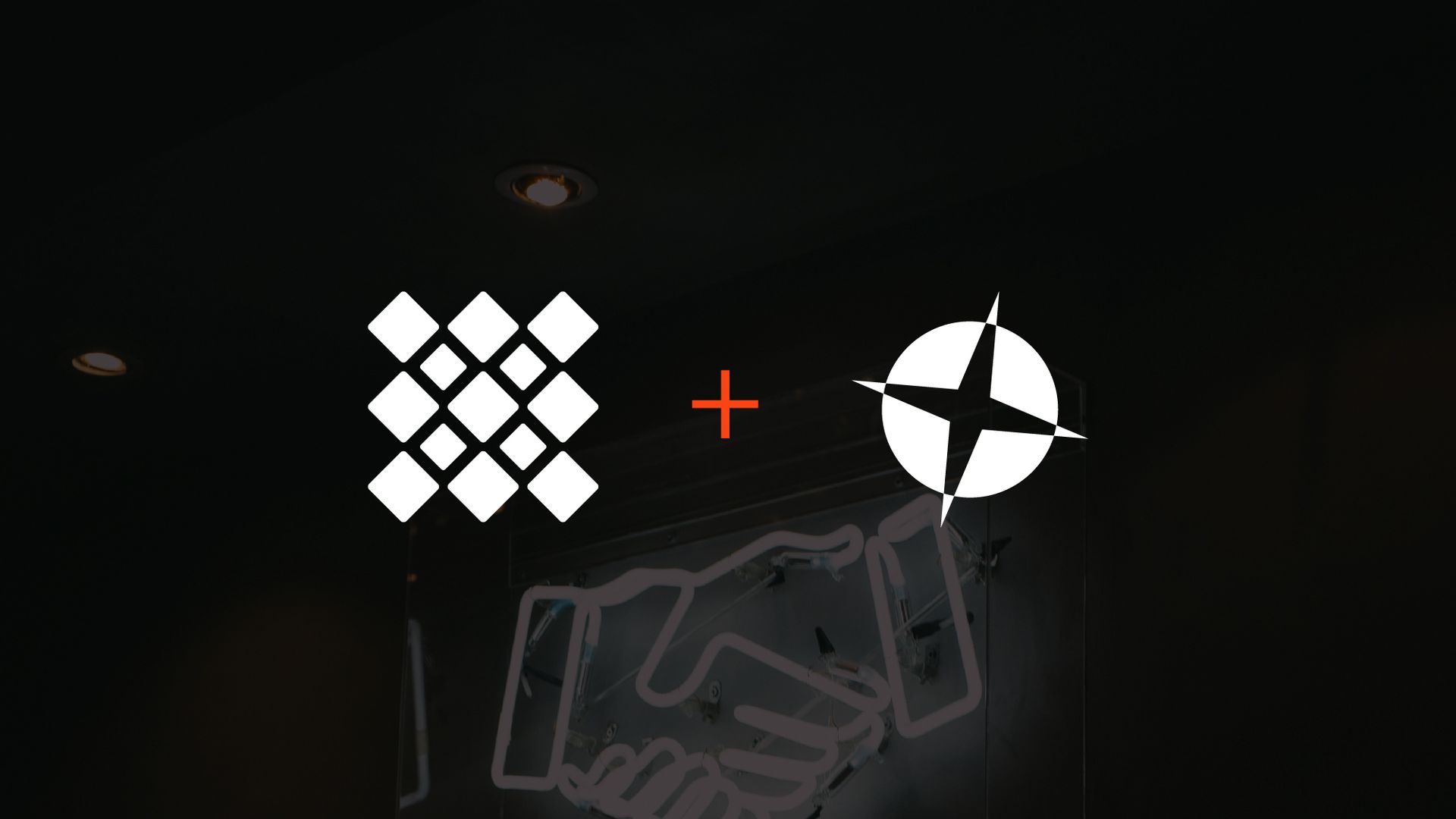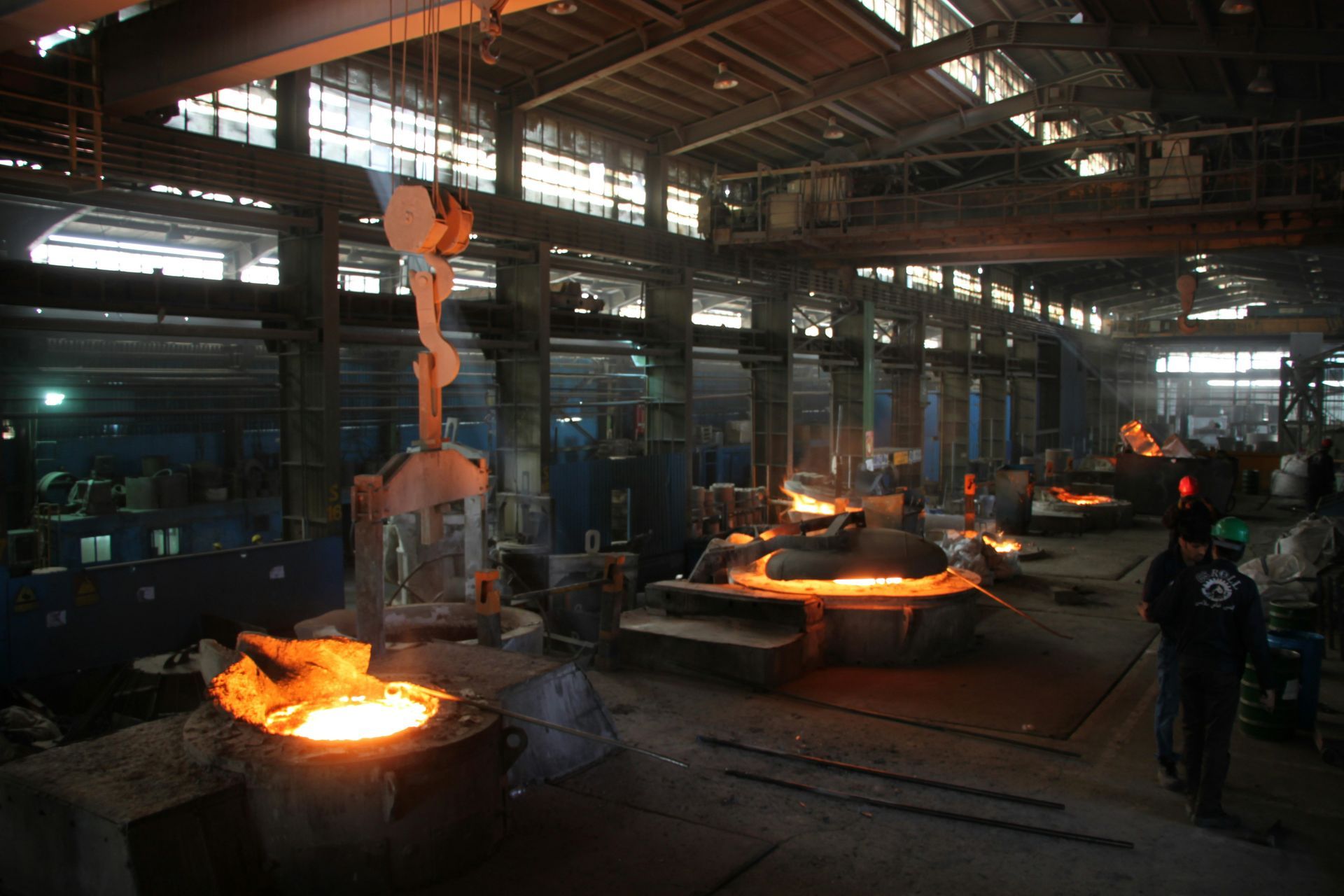A viral chocolate sensation with unseen costs - Part 1
What began as a local dessert in Dubai quickly spiraled into a global sensation. The Dubai chocolate bar, a pistachio- and knafeh-filled confection created by FIX Dessert Chocolatier, achieved viral fame across TikTok and Instagram in 2023 and 2024.
However, behind luxury chocolate products, cocoa sourcing concerns and opaque global supply chain practices still lurk.
From small artisan creators in Dubai to multinational chocolate conglomerates, few brands can confidently say their chocolate is free of human rights violations.

Forced labor in cocoa: a persistent crisis
Cocoa farming has long been plagued by labor abuses. In West Africa - home to 60 - 70% of the world's cocoa supply - hundreds of thousands of children work under dangerous and exploitative conditions.
The use of trafficked labor, hazardous tasks (like using machetes), and exposure to agrochemicals are all well documented in countries like Côte d'Ivoire and Ghana.
Many children working on cocoa farms are between the ages of 5 and 17. Tasks include clearing land, spraying pesticides without protective gear, harvesting pods with machetes, and transporting heavy loads.
The work is often unpaid or underpaid, and in many cases, children are trafficked from neighboring countries like Burkina Faso and Mali under false promises of schooling or jobs.
These children frequently live in isolated villages without access to schools, healthcare, or safe drinking water. Many work up to 12 hours a day, often with no protective equipment or adequate nutrition.
Reports by the U.S. Department of Labor, NORC at the University of Chicago, and NGOs like International Rights Advocates have consistently found widespread violations of international labor standards.
Corporate commitments vs. reality
Major chocolate producers, including Nestlé, Mars, Ferrero, Mondelēz (Cadbury), Lindt, and Hershey, have been implicated in lawsuits and reports alleging complicity or negligence regarding child labor in their supply chains.
Despite sustainability programs and pledges, enforcement is weak and abuses persist. Voluntary industry efforts such as the Harkin-Engel Protocol have repeatedly missed deadlines to eliminate child labor.
Recent petitions and lawsuits filed in the U.S. (e.g., International Rights Advocates v. U.S. Customs and Border Protection, 2023) have exposed continued ties between chocolate sold in Western markets and child labor.
A 2020 NORC study estimated that 1.56 million children were engaged in hazardous work in cocoa production in Côte d'Ivoire and Ghana. It found no significant decrease in child labor prevalence despite decades of corporate commitments to eradicate it.
Moreover, women and migrant workers are particularly vulnerable to economic exploitation, working long hours for little or no pay and lacking access to formal labor protections.
The persistence of these abuses is often attributed to extreme poverty, lack of farm-level oversight, opaque supply chains, and the price pressures imposed by major chocolate buyers. While consumers pay a premium for luxury chocolate, those at the bottom of the supply chain remain trapped in cycles of deprivation and exploitation.
Lacking ethical clarity
FIX Dessert Chocolatier, founded in 2021 by Sarah Hamouda in Dubai, is credited with creating the original viral Dubai chocolate bar. The bar's signature flavor, Can’t Get Knafeh of It, features pistachio cream, crispy shredded kataifi (knafeh) pastry, and tahini inside a thick shell of what is marketed as "Belgian chocolate."
The bars are sold exclusively through Deliveroo in Dubai and often sell out within minutes. FIX does not disclose the origins of its cocoa, and no certifications such as Fairtrade or Rainforest Alliance are advertised. Given the company's small scale, it likely uses mass-produced couverture chocolate imported from Europe - typically made from West African cocoa.
This makes FIX emblematic of a broader problem: small-scale or boutique brands relying on opaque supply chains with no traceability to the farm level and facing far less scrutiny.
While the quality of ingredients is emphasized, ethical sourcing is rarely part of the story.
The bar's success triggered a global wave of copycats from major chocolate brands and retailers eager to capitalize on the trend. These include Bouchard, Trader Joe's, Lindt & Sprüngli, and Love Cocoa, among others. They are all putting their own spin on the pistachio-knafeh concept. Some of these companies promote traceable or certified cocoa; others offer no transparency at all.
In Part 2, we will explore the larger companies marketing products under the Dubai chocolate bar label, what cocoa traceability means for them, and how supply chains are monitored - or not.



